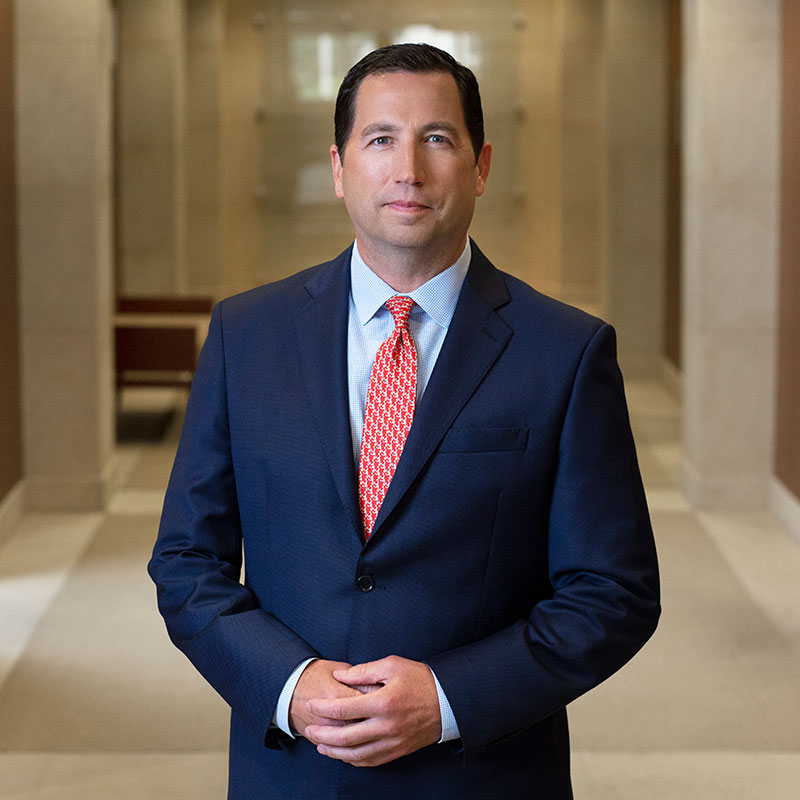On June 9, 2022, Governor Pritzker signed a new bill into law, amending the Child Bereavement Act and renaming it the Family Bereavement Leave Act, expanding the scope of required bereavement leave for employees. The Act goes into effect on January 1, 2023 and covers public and private employers with at least 50 employees who have worked 1,250 hours for the employer during the prior 12-month period. If these criteria sound familiar, it is because it’s the same criteria as the federal Family and Medical Leave Act. Put another way, leave under the Act is only available if the employee is also eligible under the FMLA.
The new Act expands the scope of required leave to cover additional family members, along with additional reasons for leave. Illinois employers will have to provide up to 10 workdays of unpaid leave to employees who are absent due to any of the following events:
- Miscarriage
- Unsuccessful round of intrauterine insemination or an assisted reproductive technology procedure
- Failed adoption match or adoption that is not finalized because it was contested
- Failed surrogacy agreement
- Diagnosis that negatively impacts pregnancy or fertility
- Stillbirth
The Act requires employers to provide 10 workdays of unpaid leave for employees attending the funeral of a covered family member, arrangements necessitated by the death of a covered family member, or grieving the death of a covered family member.
The Act also expands the definition of “covered family member” to include children, stepchildren, spouses, domestic partners, siblings, parents, parents-in-law, grandchildren, grandparents, or stepparents. The Act defines “domestic partners” to include adults who are in a committed relationship. The previous version of the Act only allowed leave for these events to grieve a biological, adopted, or foster child, a stepchild, a legal ward, or a child of a person standing in loco parentis (assuming the obligations of a parent).
Employers may request “reasonable documentation” to support an employee’s request for pregnancy- or adoption-related bereavement leave. If an employer requires documentation to justify such a leave, “reasonable documentation” would include one of the following:
- A form provided by the Illinois Department of Labor to be filled out by a healthcare practitioner who has treated the employee, the employee’s spouse or domestic partner, or the surrogate for a covered event
- Documentation from the adoption or surrogacy organization that the employee worked with certifying that the employee or his or her spouse or domestic partner has experienced a covered event
While the Act permits employers to request documentation to support bereavement leave for the death of a family member, an employer may not require that the employee identify which category of event the leave pertains to under the Act.
Key Takeaways for Illinois Employers
- Review and revise your current bereavement leave policies by January 1, 2023.
- Provide resources to and train your human resources and supervisory staff on the requirements of the Act so they can be prepared to advise and assist your employees.
- Make employees aware of the changes to the Act, as well as how to communicate their needs in the event of one of these circumstances. Attracting and retaining quality team members is top of mind for most employers, and employees will remember and value how you cared for them through a time of need.
Troy Haggestad serves as President of WilliamsMcCarthy LLP and has spent his entire career assisting clients with significant employment matters exclusively on behalf of management. He can be reached at 815-987-8977 or thaggestad@wilmac.com.







